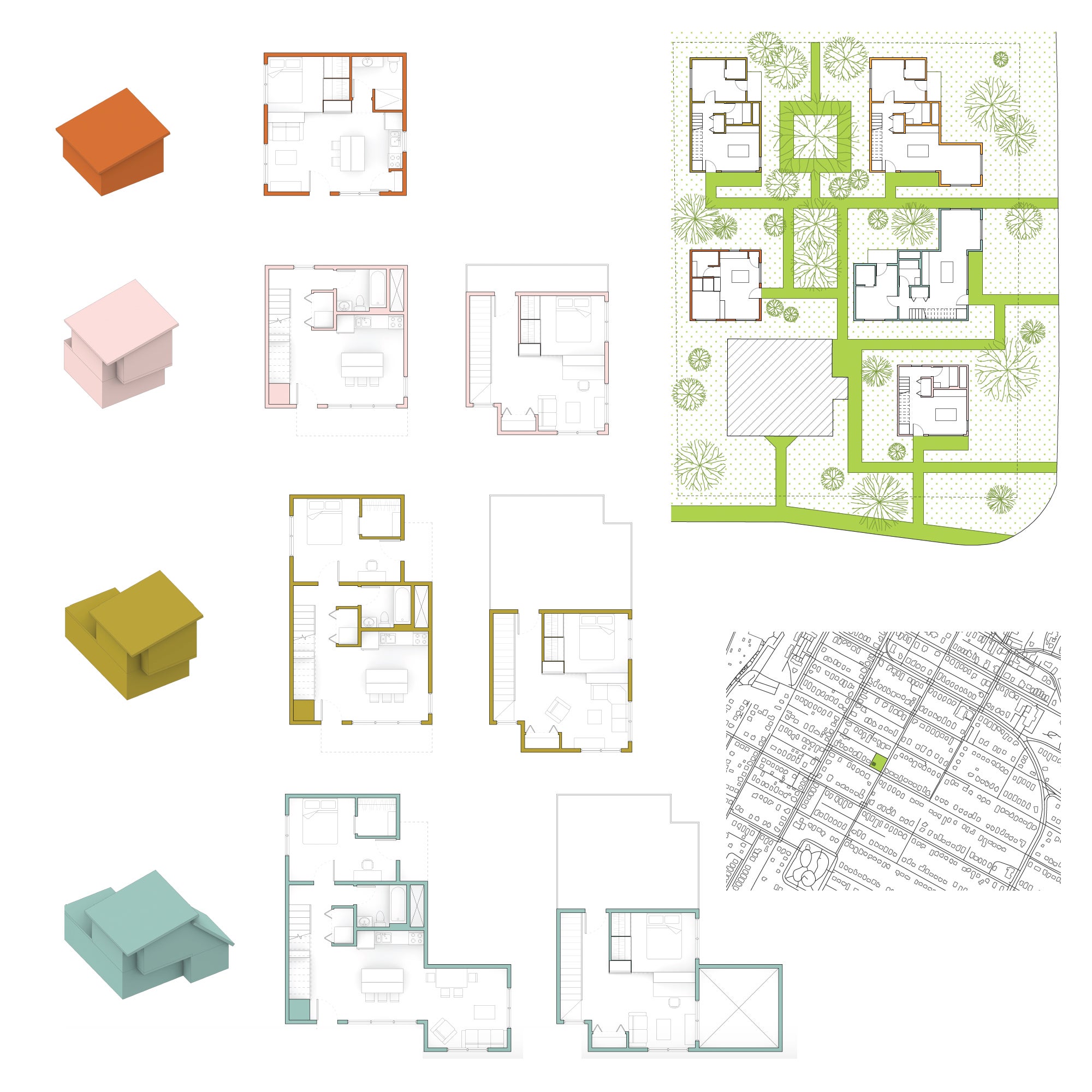
Bohannon and Cantrell internationally recognized for their leadership by CELA
Two of the UVA School of Architecture’s landscape architecture faculty members have been recently recognized by the international Council of Educators in Landscape Architecture (CELA).
|
Image

|
Associate Professor of Landscape Architecture CL Bohannon was recently selected as President-Elect to CELA’s Executive Committee. Bohannon joins this leadership committee to carry forward CELA’s mission to support educators across the United States, Canada, Australia, and New Zealand in advancing the profession of landscape architecture. In this role, Bohannon will also help facilitate the goals defined by CELA in their newly adopted strategic plan for 2025-2030.
Bohannon, an American Society of Landscape Architects Fellow, is a transformational educator, researcher, administrator, and leader and is nationally recognized for his ground-breaking community-engaged research and place-based explorations in community mapping and storytelling. His work, focused on landscapes and the culture of place, offers the profession a model to more fully understand the complex histories of our shared public realm, interrogate traditional design practices, and point the way toward a more equitable future.
Recognized for “Excellence in Service Learning” by CELA in the past, Bohannon has incorporated community-engaged design into his studios and seminars to enable his students to work with his RP3 approach—real people, in real places, with real problems. He continues to build a vision of community-driven projects in which landscape architects can be responsive to the unique histories of people and place.
Bohannon’s longstanding leadership in administration, teaching, and service brings to his new role as President-Elect a wide range of experience and his deep commitment to the discipline of landscape architecture as a collaborative enterprise will shape his approach to serving on the Executive Committee. Bohannon will move into the role of President for CELA in the 26-27 academic year.
|
Image

|
Chair and Professor of Landscape Architecture Bradley Cantrell was selected as this year’s Outstanding Administrator in recognition of distinction in academic leadership. Cantrell joined the School of Architecture at UVA in 2017 as chair of the department where he has shaped its curricular innovation, design excellence across students and faculty, and continued advancement of high-impact research.
Cantrell is known for his contributions to the integration of computation, responsive technologies, and ecological infrastructures in the design of landscapes at a territorial scale. He has brought his research expertise into the classroom, teaching foundation and advanced studios at the graduate level. He has coordinated the studio “Prototyping the Bay,” recently recognized as the winner of the Tulane Prize for Climate Change Curriculum in the Built Environment, in which students explore landscape architecture’s role in climate adaptation and mitigation. In this studio, a wide range of tools and outputs are explored, tested, and produced including GIS-based climate modeling, hybrid material experiments, hydrodynamic simulations, and strategic landscape interventions. The pedagogical approach challenges students to engage with climate uncertainty through scientific modeling, material agency, and speculative futures, fostering innovation in the development of resilient landscapes.
During his tenure as chair, Cantrell has advocated for the importance of landscape architecture education bringing together advanced technology and hands-on engagement in the field. From the University’s Morven Sustainability Lab to the School’s Milton LandLab, the department has supported educational opportunities to experiment, observe, and practice one-to-one engagement with landscape mediums.
In addition to his leadership role as chair, and his impact as an educator, Cantrell has been recognized with numerous awards, and his influence is evident in the new generation of landscape architects who are redefining the discipline through innovation and a commitment to procedural and relational design.


